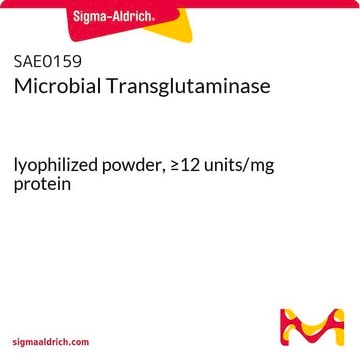SAB4600176
Anti-Mouse IgG (H+L), highly cross-adsorbed, CF™ 647 antibody produced in donkey
~2 mg/mL, affinity isolated antibody
About This Item
Recommended Products
biological source
donkey
conjugate
CF™ 647 conjugate
antibody form
affinity isolated antibody
antibody product type
secondary antibodies
clone
polyclonal
form
buffered aqueous solution
species reactivity
mouse
concentration
~2 mg/mL
technique(s)
flow cytometry: 1-10 μg/mL
immunocytochemistry: suitable
immunohistochemistry: suitable
indirect immunofluorescence: 1-10 μg/mL
fluorescence
λex 650 nm; λem 665 nm
shipped in
dry ice
storage temp.
−20°C
target post-translational modification
unmodified
Related Categories
General description
Specificity
Immunogen
Biochem/physiol Actions
Features and Benefits
Physical form
Preparation Note
Legal Information
Disclaimer
Not finding the right product?
Try our Product Selector Tool.
Storage Class Code
10 - Combustible liquids
WGK
WGK 2
Flash Point(F)
Not applicable
Flash Point(C)
Not applicable
Certificates of Analysis (COA)
Search for Certificates of Analysis (COA) by entering the products Lot/Batch Number. Lot and Batch Numbers can be found on a product’s label following the words ‘Lot’ or ‘Batch’.
Already Own This Product?
Find documentation for the products that you have recently purchased in the Document Library.
Our team of scientists has experience in all areas of research including Life Science, Material Science, Chemical Synthesis, Chromatography, Analytical and many others.
Contact Technical Service






